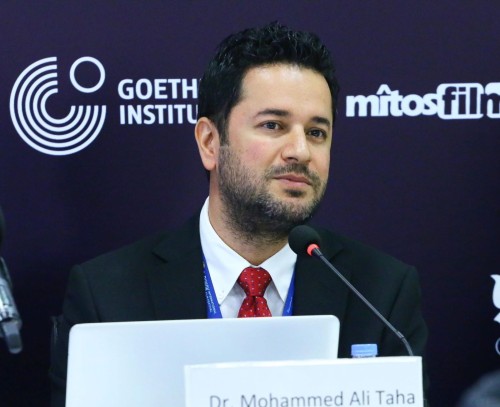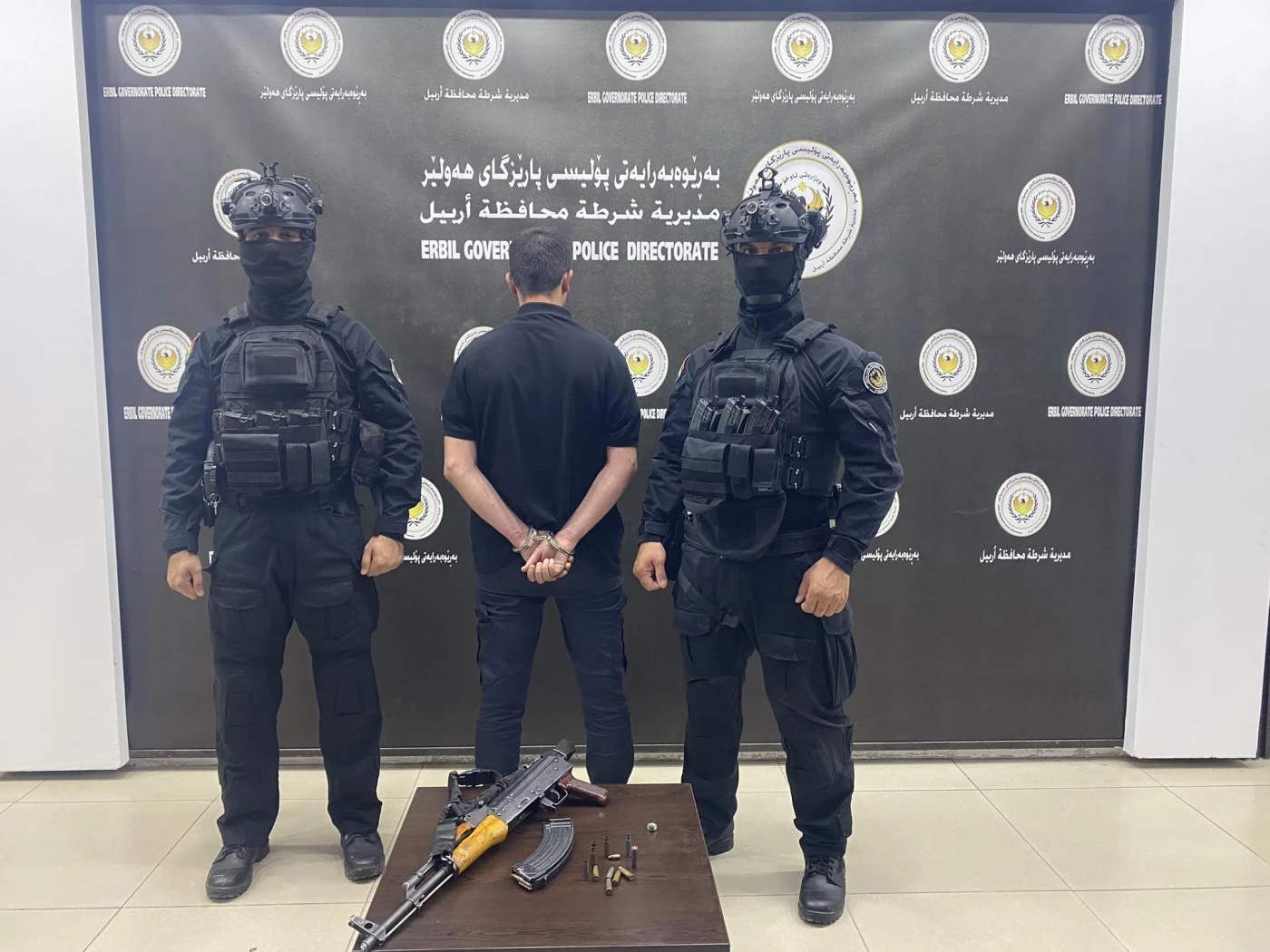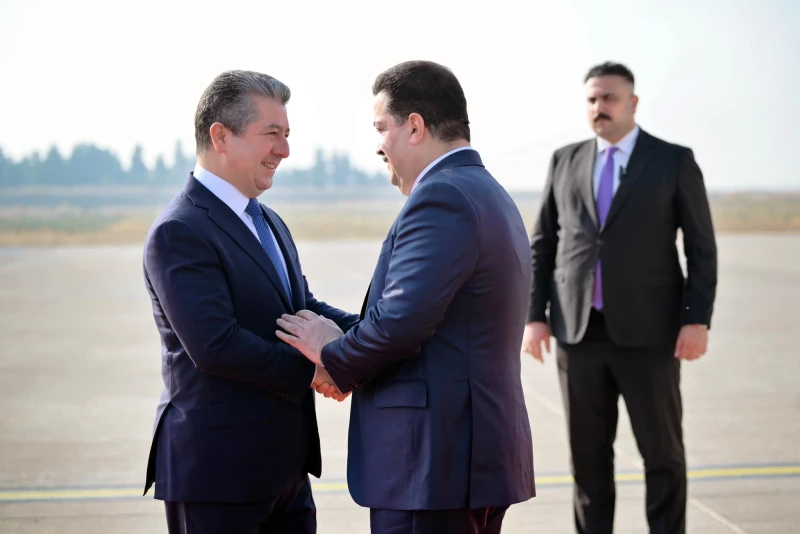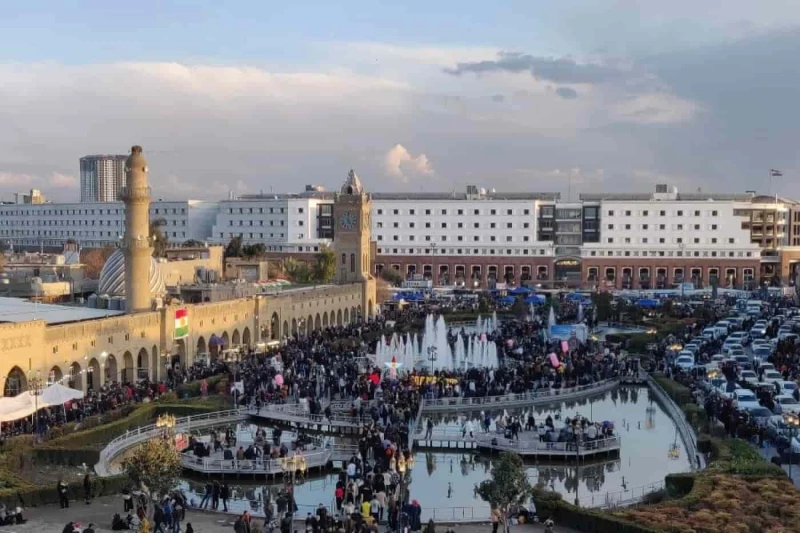The killing of two men at a fuel station in the Kurdistan Region this week is more than a tragic local dispute. It is a stark reminder of how economic hardship and political deadlock between Baghdad and Erbil can create the conditions for violence.
According to local accounts, the incident began with a disagreement over payment for surplus fuel that spilled during refueling. Witnesses say a young Kurdish attendant asked two Arab visitors to pay for the excess, an exchange that escalated into a physical confrontation. In the end, both visitors were shot dead. Authorities have condemned the violence and opened an investigation, while the families of the victims grieve.
Nothing can justify taking a life. But nothing happens in isolation either. Imagine the attendant is the main breadwinner in a household which comprises civil servants who have not received salaries for two months. For many in the Kurdistan Region, this is not an unusual story. Salary delays from Baghdad have become a chronic problem, leaving thousands of families struggling to meet basic needs.
When the paycheck that keeps a roof over your head and food on your table is withheld, the pressure mounts day by day. Resentment grows. Small disagreements, whether over a spilled liter of fuel or a delayed bill, can quickly become proxies for deeper frustrations.
Economic grievances have a way of eroding patience and trust, not just between individuals but between entire communities. Left unaddressed, they harden into perceptions of injustice, feeding narratives of neglect and discrimination. These are the conditions in which tempers shorten, social cohesion frays, and unrest becomes more likely.
This is not inevitable. The tragedy at the fuel station should serve as a warning, not only to prevent further violence but to address the root causes that make such flashpoints possible. That means more than investigating a crime scene; it requires resolving the long-standing budget disputes between Baghdad and Erbil, ensuring that public sector salaries are paid on time, and restoring the sense that institutions can deliver fairness to all citizens.
Ignoring these grievances is not just economically costly, it is politically dangerous. Iraq has weathered enough instability to know how quickly frustration can turn to unrest, and how unrest can spiral into something far more destructive.
Leaders in Iraq have a choice. They can treat this tragedy as an isolated incident, one to be mourned and then forgotten. Or they can take it as an urgent signal that the current path which is marked by mistrust, financial uncertainty, and political stalemate, is unsustainable.
The spilled fuel at the center of this week’s fatal encounter was only the immediate cause. The deeper cause lies in unpaid wages, frayed trust, and the slow burn of economic injustice. Unless those are addressed, more sparks will find more fuel.
The views expressed in this article are those of the writer and do not necessarily represent the position of The New Region's editorial team



 Facebook
Facebook
 LinkedIn
LinkedIn
 Telegram
Telegram
 X
X


